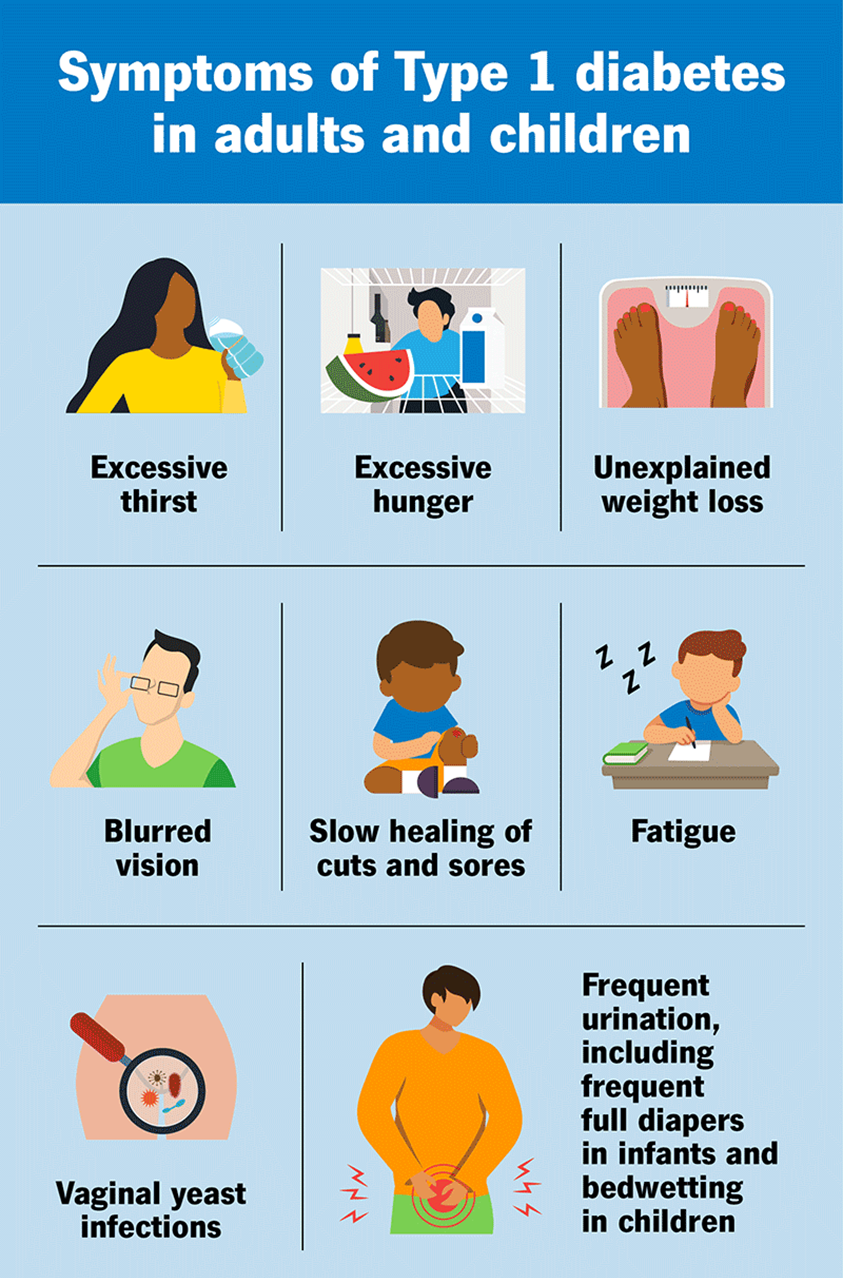A nurse is providing care for a client who has diabetes insipidus (DI). Which of the following is a cause of acquired central diabetes insipidus?
Hypokalemia
Surgery
Renal failure
Sickle cell disease
The Correct Answer is B
Choice A Reason:
Hypokalemia, or low potassium levels, is not a direct cause of central diabetes insipidus. Central diabetes insipidus is primarily related to issues with the production or release of antidiuretic hormone (ADH) from the hypothalamus or pituitary gland. Hypokalemia can affect kidney function but does not typically cause central diabetes insipidus.
Choice B Reason:
Surgery, particularly brain surgery, can cause central diabetes insipidus by damaging the hypothalamus or pituitary gland. These structures are crucial for the production and release of ADH, which regulates water balance in the body. Damage to these areas during surgery can lead to a deficiency in ADH, resulting in central diabetes insipidus.
Choice C Reason:
Renal failure is not a cause of central diabetes insipidus. While renal failure affects the kidneys’ ability to filter waste and balance fluids, central diabetes insipidus is related to a deficiency in ADH production or release. Renal failure can lead to other types of diabetes insipidus, such as nephrogenic diabetes insipidus, where the kidneys do not respond properly to ADH.
Choice D Reason:
Sickle cell disease is not a direct cause of central diabetes insipidus. Sickle cell disease primarily affects red blood cells and can lead to various complications, including kidney damage. However, it does not typically cause central diabetes insipidus, which is related to issues with ADH production or release.
Nursing Test Bank
Naxlex Comprehensive Predictor Exams
Related Questions
Correct Answer is B
Explanation
Choice A reason: Lower Extremities Edematous with Decreased Pulses and Cool to the Touch
Lower extremities that are edematous with decreased pulses and cool to the touch can indicate severe peripheral artery disease (PAD) and poor blood circulation1. While this is a serious condition that requires medical attention, it is not necessarily an immediate emergency unless there are signs of acute limb ischemia, such as sudden pain or loss of function. Chronic symptoms like these often require ongoing management and monitoring rather than immediate intervention.
Choice B reason: Pain, Pallor, and Paresthesia in the Foot
Pain, pallor, and paresthesia (the three Ps) in the foot are classic signs of acute limb ischemia, a medical emergency that requires immediate intervention. Acute limb ischemia occurs when there is a sudden decrease in blood flow to a limb, leading to tissue damage and potential loss of the limb if not treated promptly4. The presence of these symptoms indicates that the limb is not receiving adequate blood supply, necessitating urgent medical attention to restore circulation and prevent permanent damage.
Choice C reason: Presence of an Open Wound Near the Ankle with Serous Drainage and Pruritus
An open wound near the ankle with serous drainage and pruritus (itching) suggests a chronic wound or ulcer, which is common in patients with PAD5. While this condition requires medical treatment to prevent infection and promote healing, it does not typically constitute an immediate emergency unless there are signs of severe infection, such as increased redness, warmth, or purulent drainage. Chronic wounds need regular care and monitoring but are not usually life-threatening.
Choice D reason: Murmur Auscultated at the Left Sternal Border, Slight Dyspnea, and Lower Extremity Edema
A murmur auscultated at the left sternal border, slight dyspnea (shortness of breath), and lower extremity edema can indicate heart valve disease or heart failure. These symptoms are concerning and require medical evaluation, but they do not typically represent an immediate emergency unless the patient is experiencing severe symptoms such as acute heart failure or cardiogenic shock. These conditions require prompt but not necessarily emergent intervention.
Correct Answer is A
Explanation
Choice A Reason:
Insulin is stable at room temperature (between 59°F and 86°F) for up to one month. This is important for patients to know, especially if they do not have immediate access to refrigeration. However, it is crucial to avoid exposing insulin to extreme temperatures, such as direct sunlight or freezing conditions, as these can degrade the medication’s effectiveness.

Choice B Reason:
While some types of insulin can be mixed in the same syringe, this practice is not universally applicable to all insulin types. For example, rapid-acting and intermediate-acting insulins can sometimes be mixed, but long-acting insulins should not be mixed with other insulins. Therefore, this statement is not entirely accurate and should be clarified based on the specific types of insulin being used.
Choice C Reason:
Storing insulin in the freezer is not recommended as freezing can damage the insulin, rendering it ineffective. Insulin should be stored in a refrigerator at temperatures between 36°F and 46°F. If insulin is accidentally frozen, it should not be used.
Choice D Reason:
While it is advisable for clients with type 1 diabetes to have backup medication and supplies, storing them in a car is not recommended due to the potential for extreme temperature fluctuations. Insulin and other diabetes supplies should be kept in a stable, controlled environment to ensure their efficacy.
Whether you are a student looking to ace your exams or a practicing nurse seeking to enhance your expertise , our nursing education contents will empower you with the confidence and competence to make a difference in the lives of patients and become a respected leader in the healthcare field.
Visit Naxlex, invest in your future and unlock endless possibilities with our unparalleled nursing education contents today
Report Wrong Answer on the Current Question
Do you disagree with the answer? If yes, what is your expected answer? Explain.
Kindly be descriptive with the issue you are facing.
